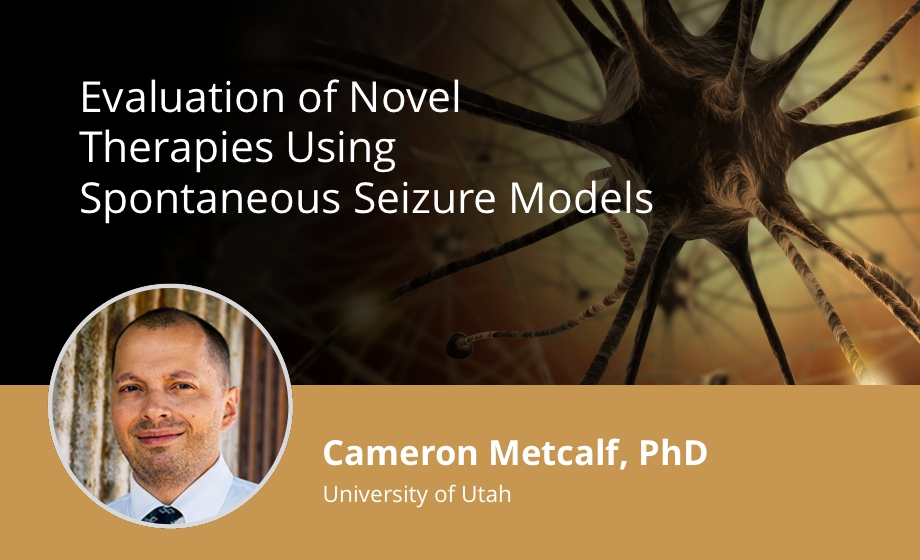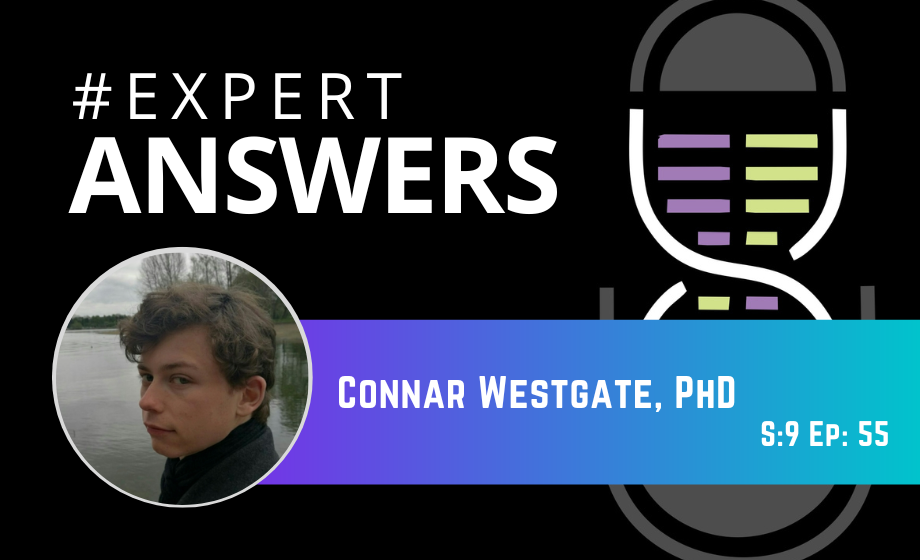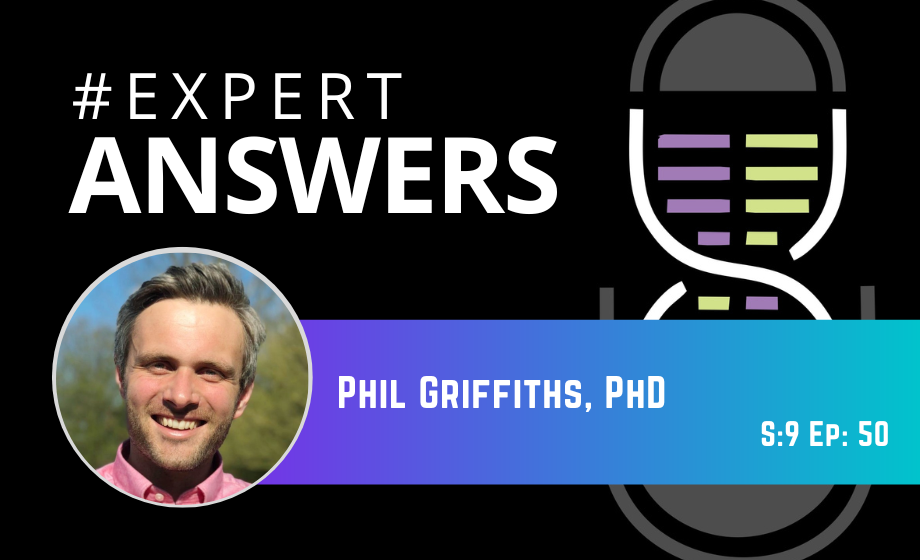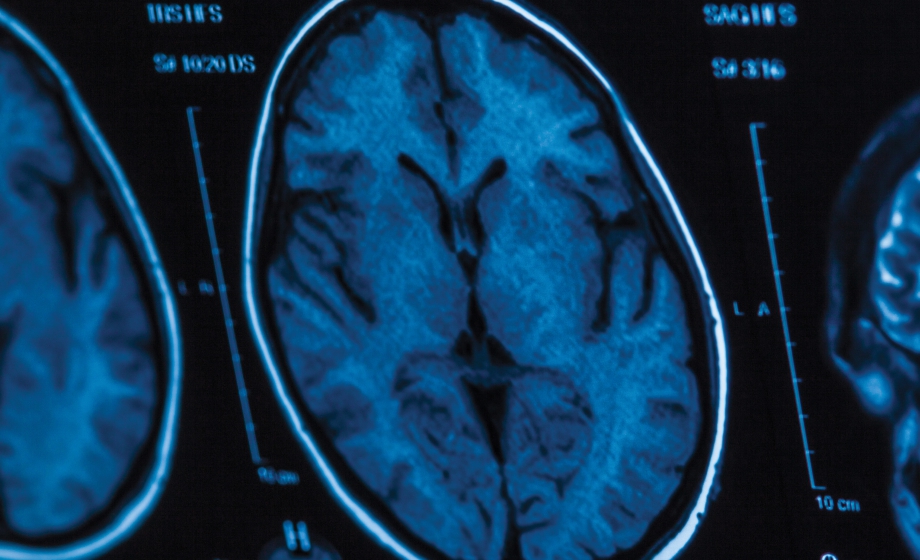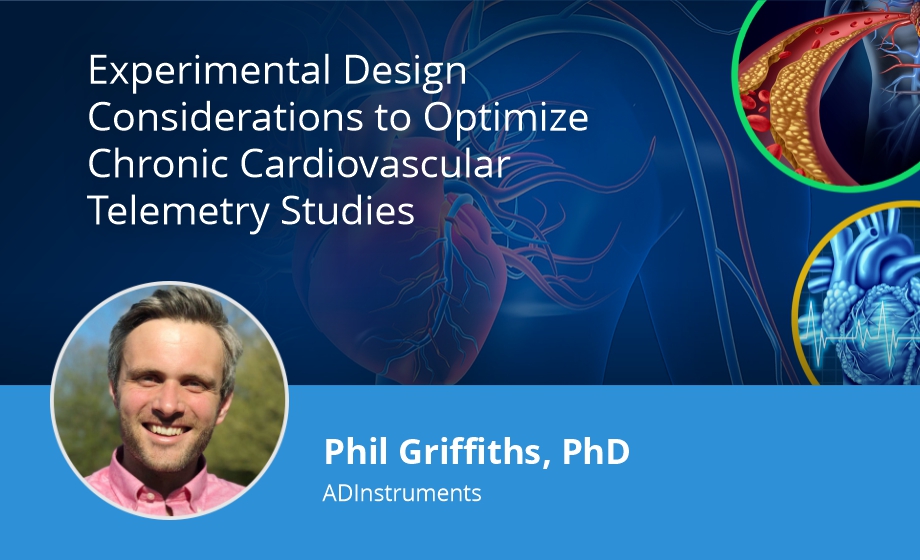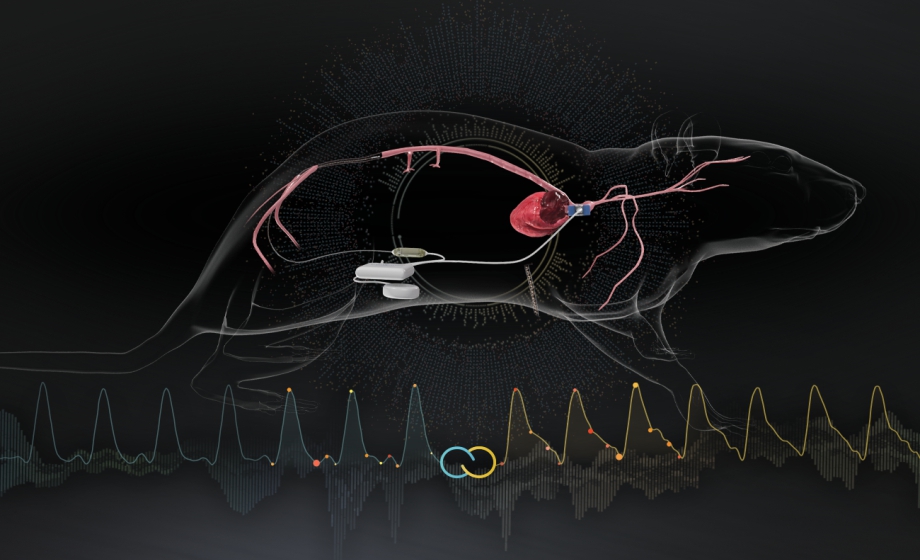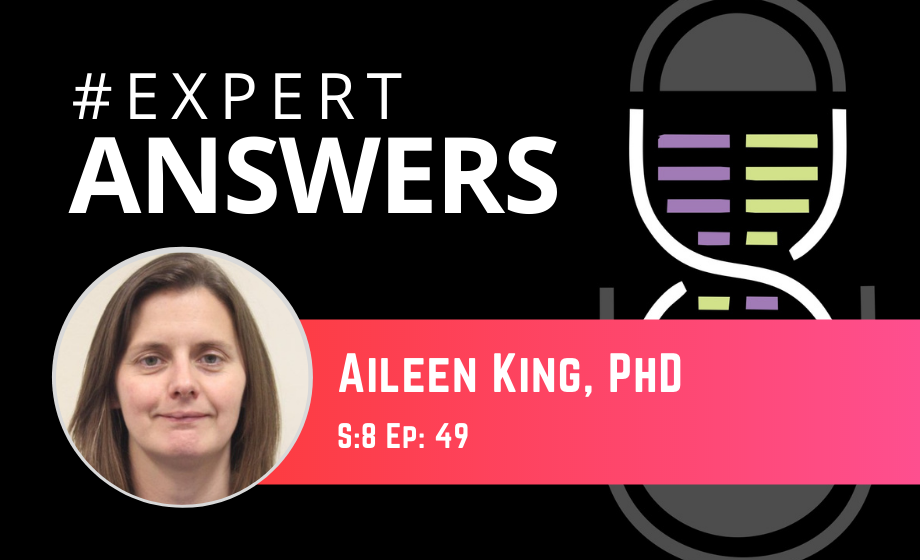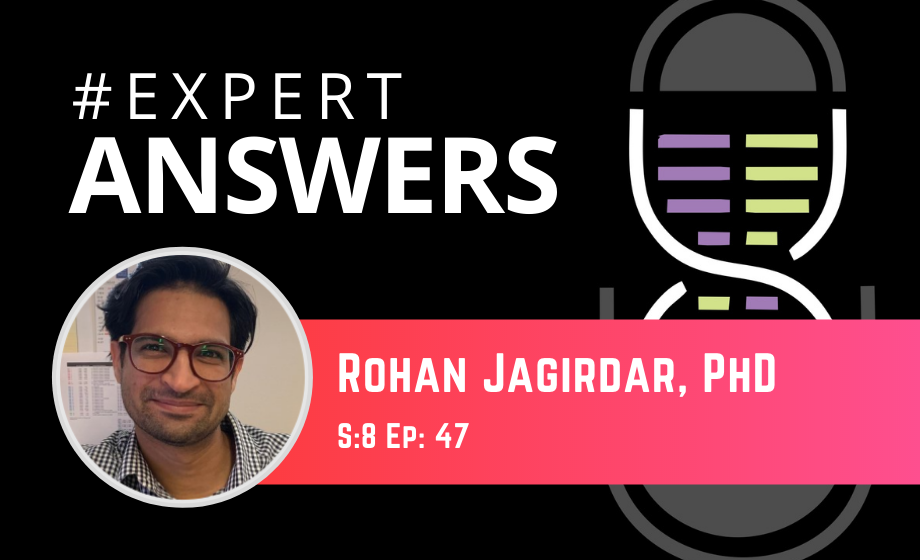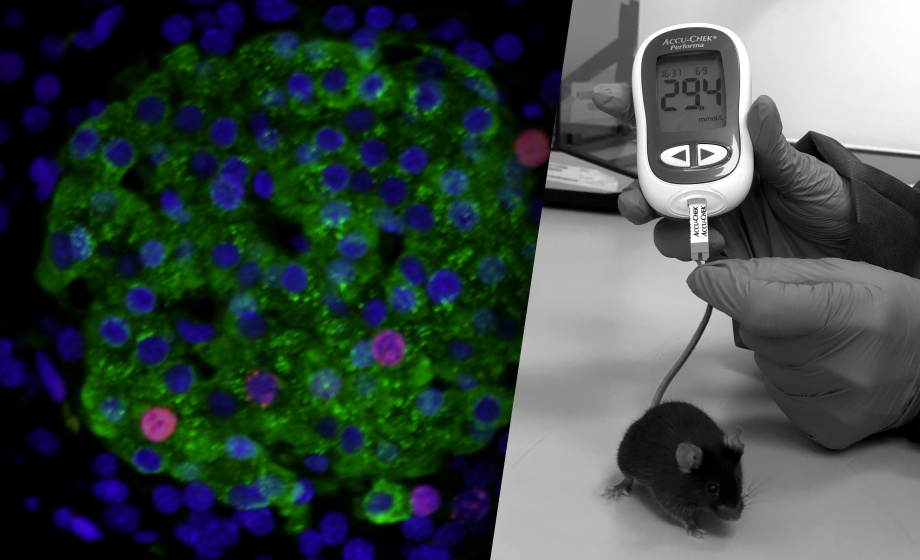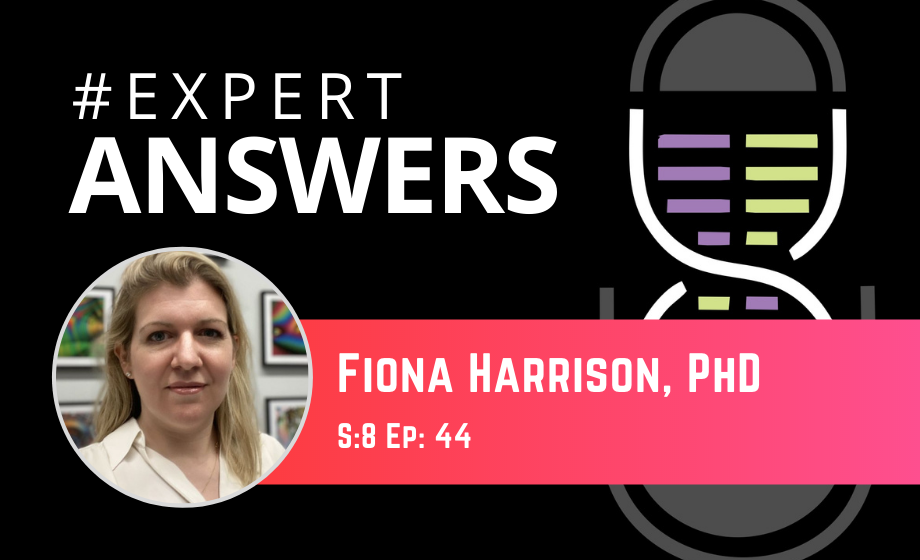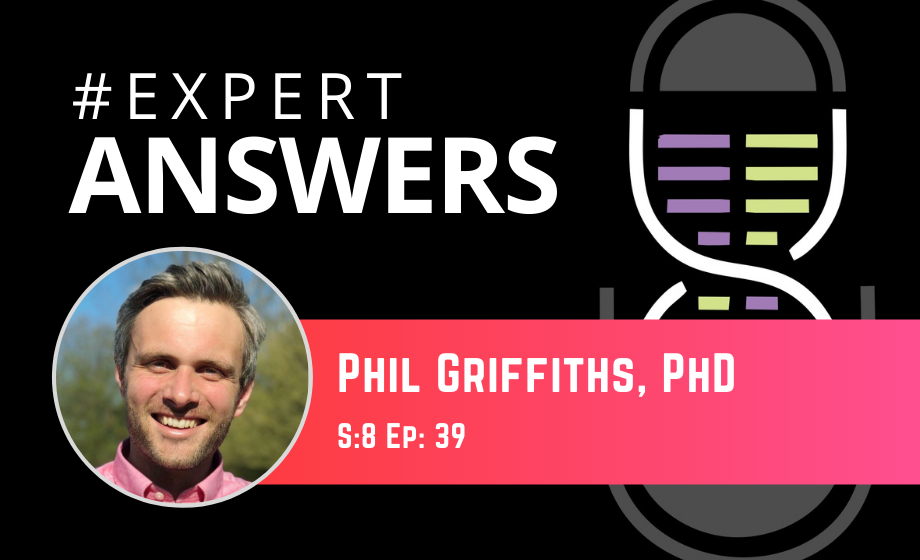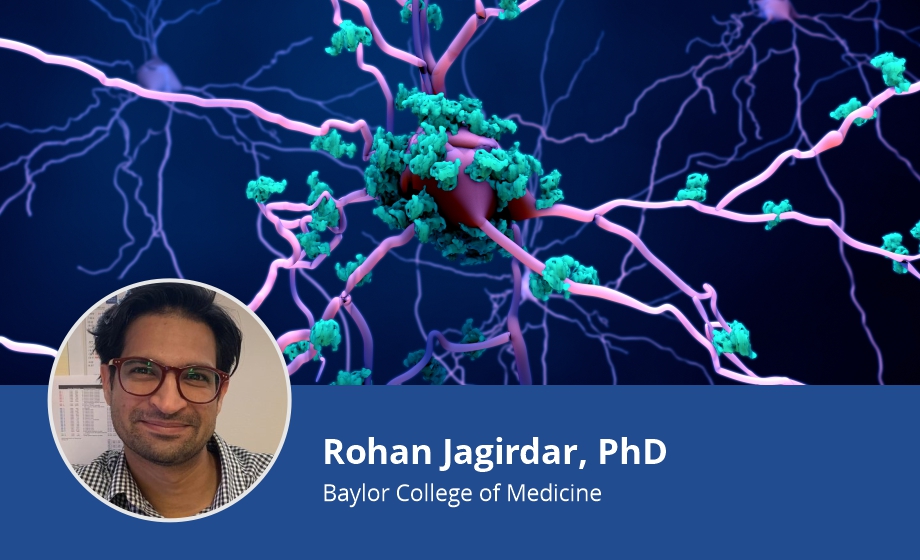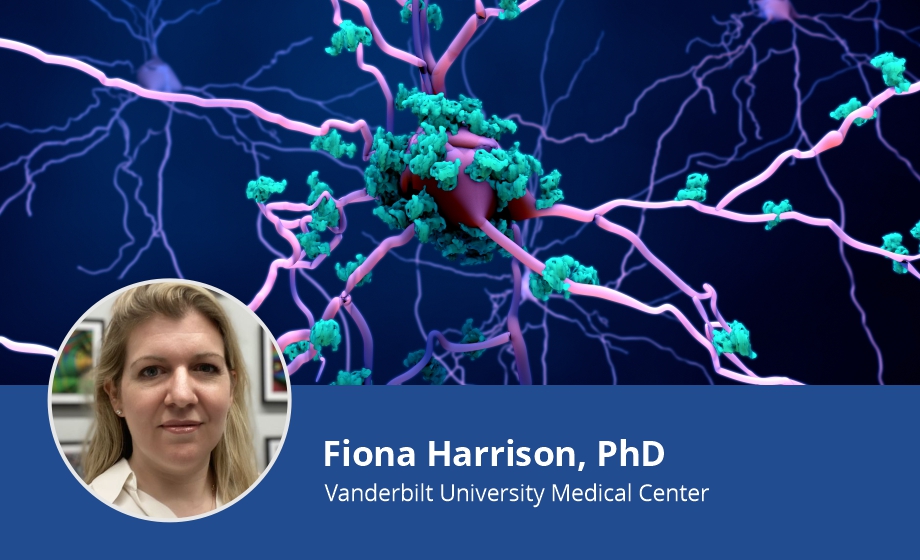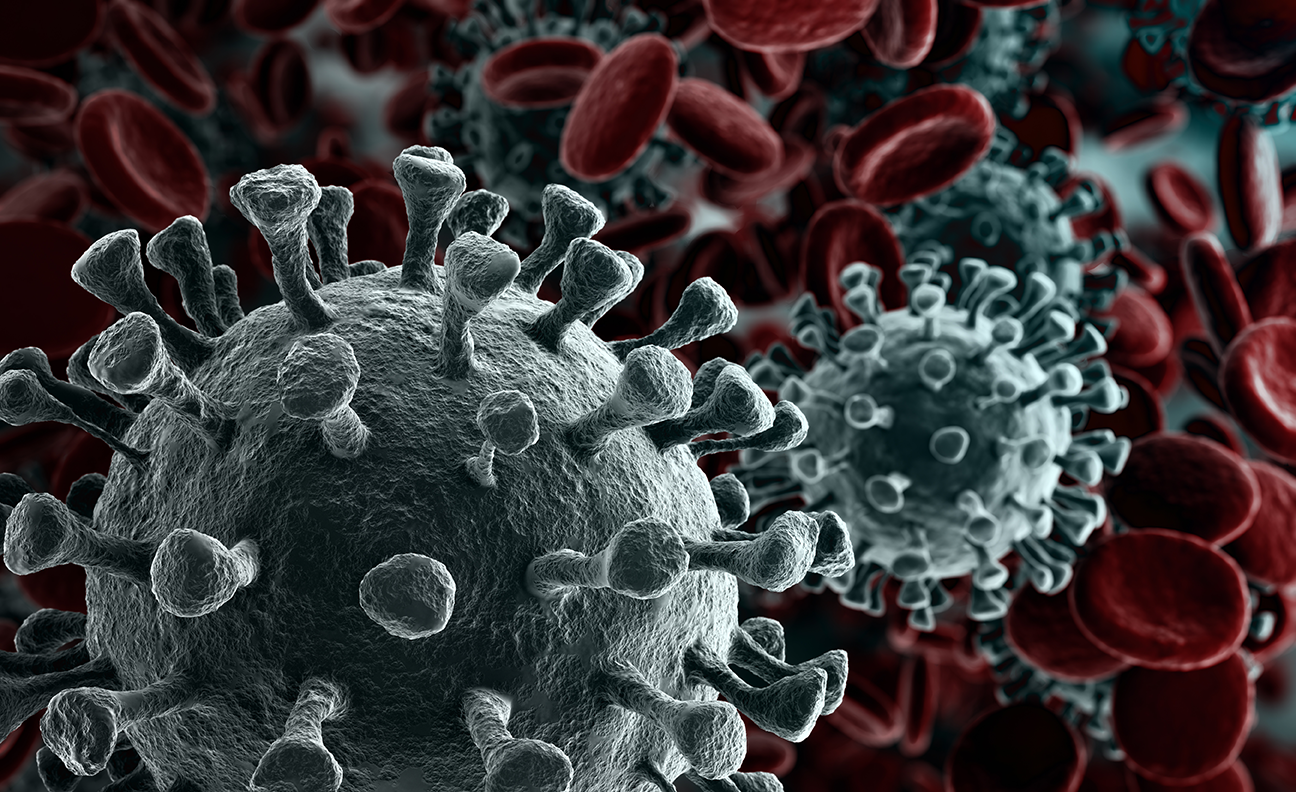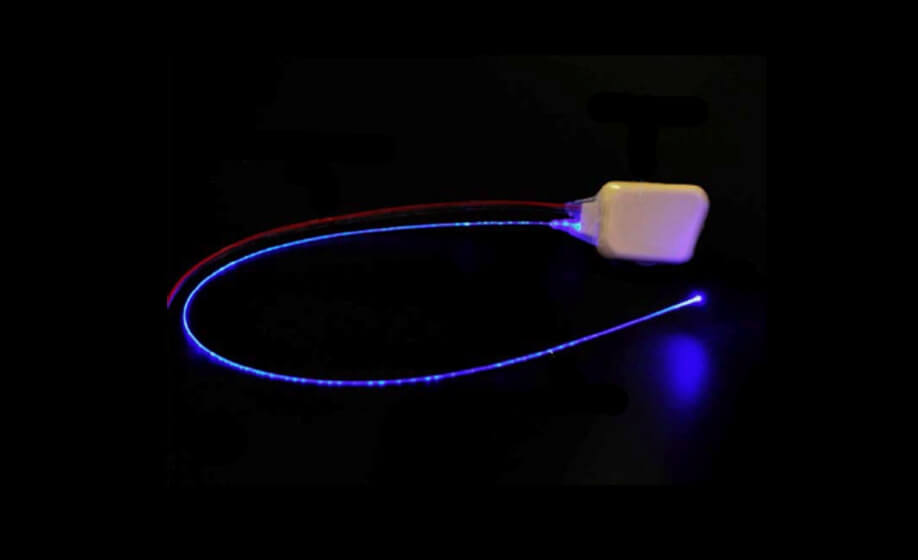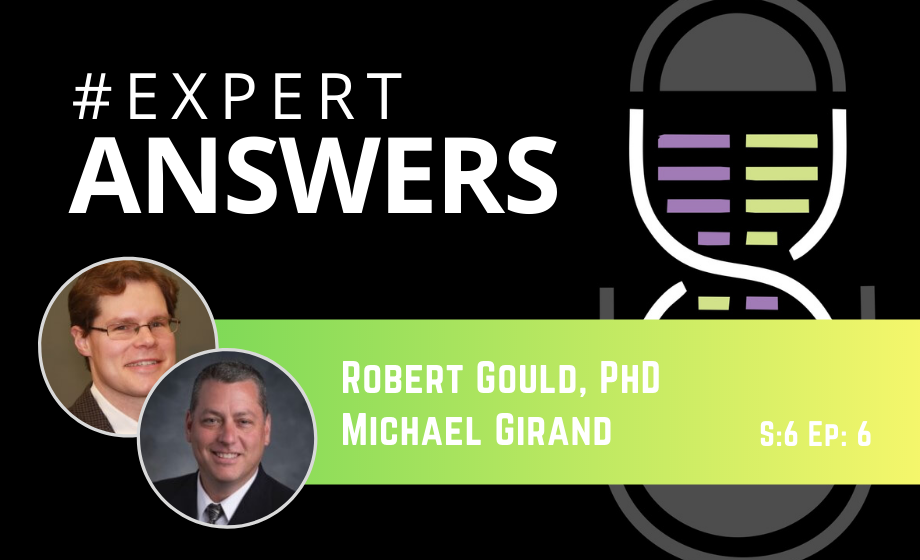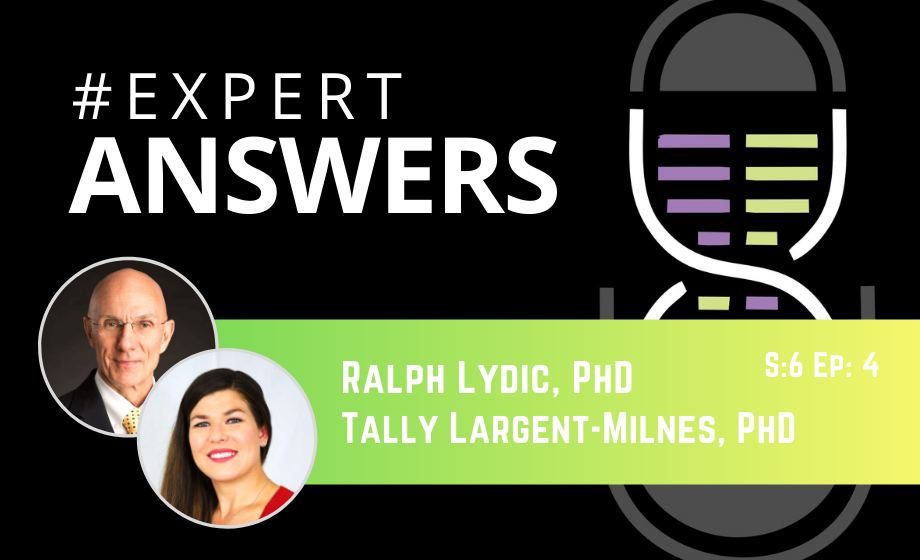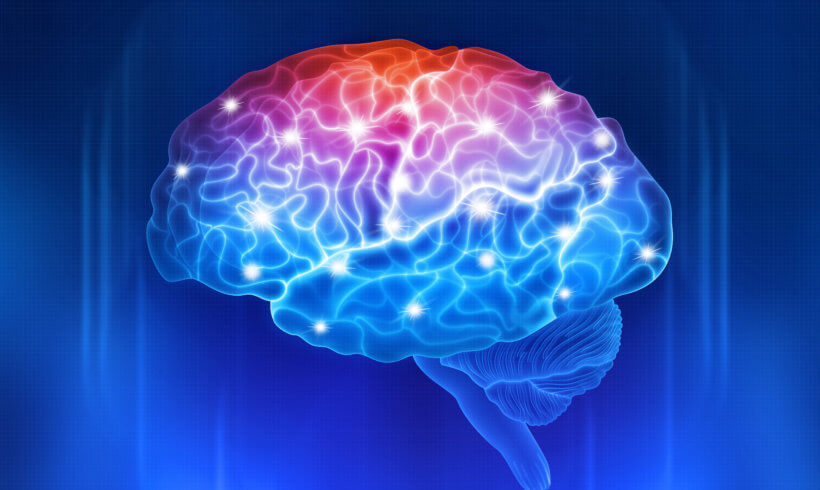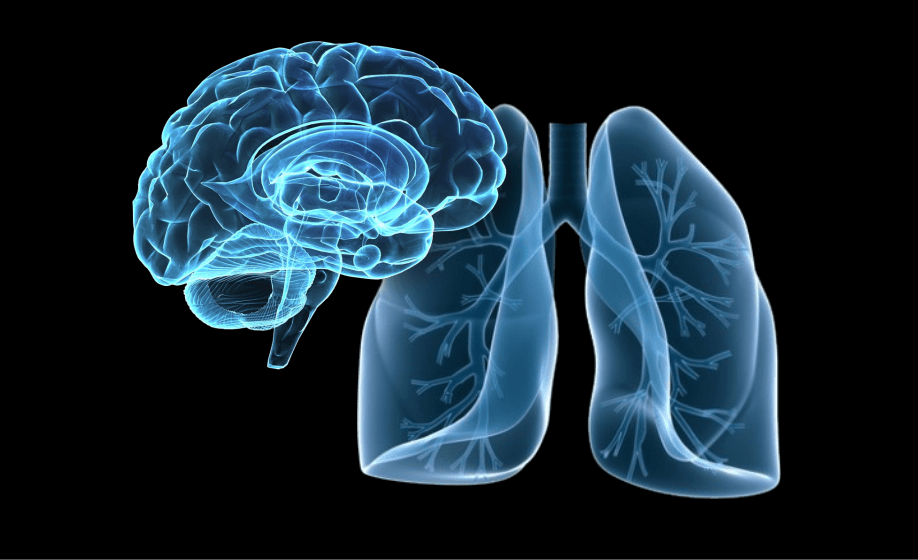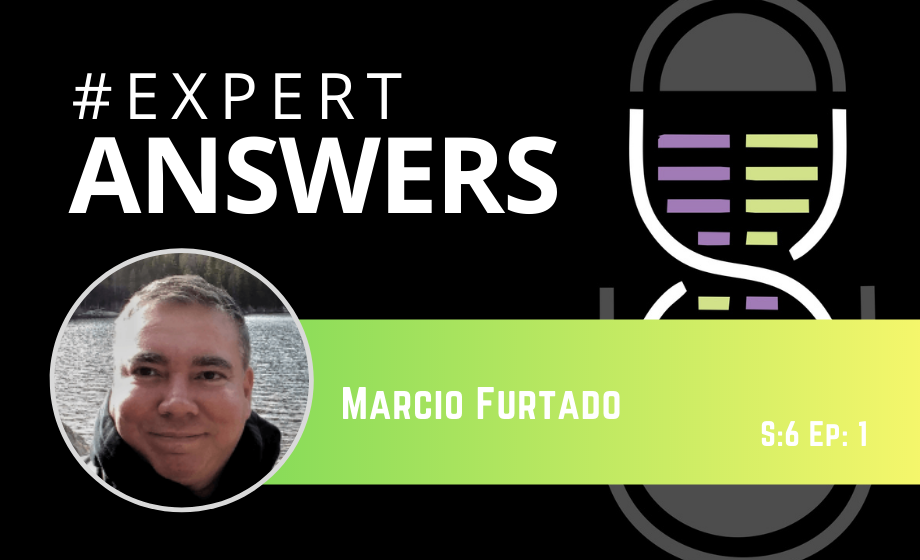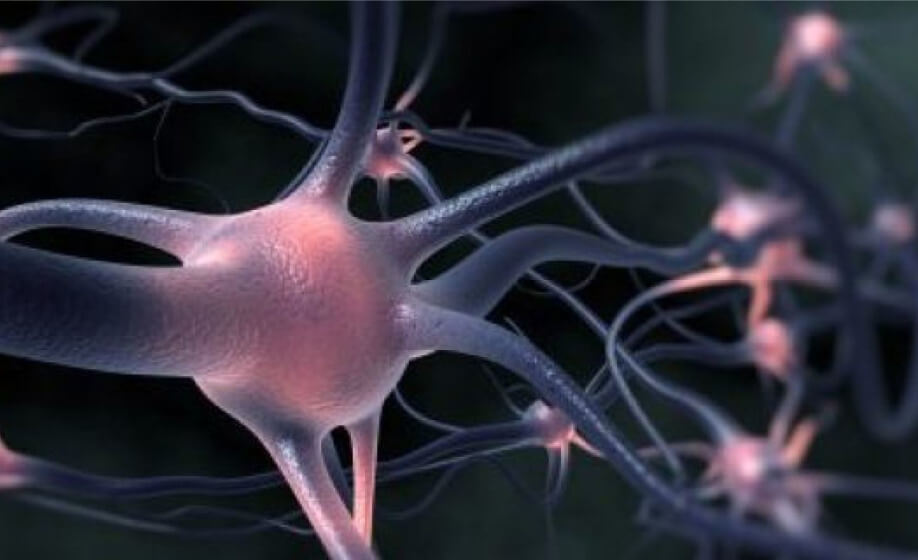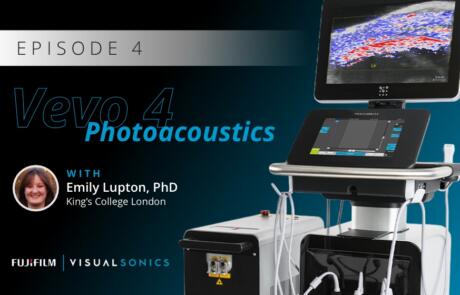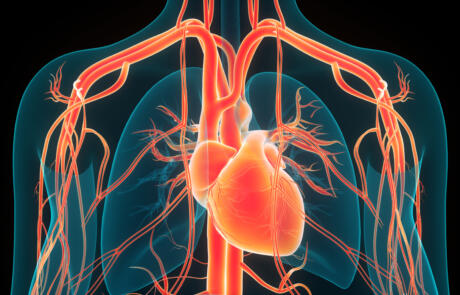Evaluation of Novel Therapies Using Spontaneous Seizure Models
Cameron Metcalf and Katrina Irey answer questions from a recent webinar on technical requirements and benefits of spontaneous seizure models and epilepsy therapy development.
Evaluation of Novel Therapies Using Spontaneous Seizure Models
In this webinar, Dr. Cameron Metcalf covers the technical requirements and benefits of spontaneous seizure models, addressing the challenges and optimization of 24/7 video-EEG data collection for epilepsy therapy development.
#ExpertAnswers: Connar Westgate on Intracranial Pressure Measurements
Connar Westgate discusses his research involving intracranial pressure measurements and the importance of understanding this physiological parameter for maintaining normal central nervous system function.
#ExpertAnswers: Phil Griffiths on Telemetry Studies
Phil Griffiths draws from his experience as a telemetry user to discuss some important considerations for designing telemetry studies.
Understanding Intracranial Pressure in Freely Moving Rats
Join Connar Westgate, PhD for a deep dive into intracranial pressure measurements and the importance of understanding this physiological parameter for maintaining normal CNS function.
Experimental Design Considerations to Optimize Chronic Cardiovascular Telemetry Studies
Phil Griffiths, PhD, presents a summary of chronic cardiovascular telemetry studies and considerations for experimental design.
Untether Your Data with EndoGear: Wireless Volumetric Blood Flow and Pressure Measurement
Join Cole McLarty and Dr. Danielle Senador for an introduction to the newest biotelemetry system in the life science field, EndoGear.
#ExpertAnswers: Caroline Wuyts on Pregnancy and Glucose
Join Caroline Wuyts, from KU Leuven - VIB, as she answers questions from a recent webinar where she discusses her research on pregnancy and monitoring glucose availability throughout the reproductive timeline of a mouse model.
Continuous Glucose Monitoring and Glycemic Variability in Pregnancy
Join Caroline Wuyts, MSc for a deep dive into her research on pregnancy and monitoring glucose availability throughout the reproductive timeline of a mouse model.
#ExpertAnswers: Aileen King on Experimental Protocol
Dr. Aileen King discusses how even small changes to experimental protocol can substantially impact both welfare and data interpretation when studying blood glucose homeostasis in mice.
#ExpertAnswers: Rohan Jagirdar on Sleep and Alzheimer’s Disease
In this episode of #ExpertAnswers join Rohan Jagirdar, PhD, from Baylor College of Medicine, as he answers questions from a [...]
Sex, Drugs and Protocol: How Researcher Choices Impact Experimental Outcomes in Preclinical Diabetes Research
Aileen King presents data showing that small alterations to experimental protocol and choice of model can impact on both welfare and data interpretation when studying blood glucose homeostasis in mice.
#ExpertAnswers: Fiona Harrison on Early Alzheimer’s Disease
Dr. Fiona Harrison, discusses how vitamin C deficiency and exposure to toxins can impact glutamate uptake and clearance, and how even small changes in neural signaling can be detected by monitoring EEG activity and correlated with performance in learning and memory tasks.
#ExpertAnswers: Phil Griffiths on Telemetry
Join Phil Griffiths, PhD as he answers questions from a recent webinar on Telemetry 101 where he discusses the benefits of using telemetry and the specific advantages of ADInstruments’ new small animal telemetry systems.
Improving Sleep to Slow the Progression of Alzheimer’s Disease
Join Rohan Jagirdar, PhD as he discusses his research on EEG activity in a mouse model of Alzheimer's disease to determine the effects of improved sleep on disease progression.
EEG Monitoring Approaches to Predict Learning and Memory Changes in Early Alzheimer’s Disease
Dr. Fiona Harrison discusses how dietary deficiency and exposure to toxins can impact glutamate uptake and clearance, and the subsequent changes in neural signaling can be detected through altered EEG activity and performance on learning and memory tasks.
Telemetry 101: Exploring the New ADInstruments’ Small Animal Telemetry Systems
Join Phil Griffiths, PhD for a technology overview and discussion around popular and unique applications of Kaha Telemetry for small animal research.
Infectious Disease Research: A Holistic Approach to Physiologic Data Collection and Model Development
Join Dr. Anna Honko and Dr. Doug Reed as they discuss methods and applications for infectious disease research including coronavirus-based illnesses.
Optogenetics Telemetry – Shining a Light on Long-Term Optogenetic Stimulation with Telemetry
Dr. Sarah-Jane Guild provides an introduction to optogenetics, discusses the advantages of implantable optogenetics telemetry and reviews data collection using the Kaha Sciences Optogenetics system.
#ExpertAnswers: Robert Gould and Michael Girand on Utilizing EEG to Study Sleep, Substance Use and CNS Disorders
Robert Gould and Michael Girand discuss methods and applications for the use of EEG as a biomarker for sleep, substance use disorder and CNS disorders.
#ExpertAnswers: Ralph Lydic and Tally Largent-Milnes on the Opioid Epidemic
Ralph Lydic and Tally Largent-Milnes discuss physiological mechanisms behind the opioid epidemic and present their research on the effects of opioids on sleep and respiratory depression in preclinical mouse models.
Harnessing EEG Methods to Improve Basic and Translational Research for CNS Disorders
Dr. Robert Gould and Mike Girand discuss methods and applications for the use of EEG as a highly translational biomarker for sleep, substance use disorder and CNS disorders.
Understanding Physiological Mechanisms of Opioid Addiction: Advancements in CNS and Respiratory Endpoint Measurement
Experts discuss how opioids affect sleep and respiratory depression in preclinical mouse models.
#ExpertAnswers: Marcio Furtado on EEG Monitoring in the Study of Experimental Epilepsy
Marcio Furtado discusses the importance of anomalous EEG detection to study experimental epilepsy, why continuous EEG monitoring at a high sampling rate is critical to properly detect seizures, and how to effectively deal with large telemetry data sets.
EEG and Telemetry: Best Practices for Managing Large Data Sets to Investigate Key Aspects of Epilepsy in Rodent Models
This webinar is essential for researchers interested in the use of continuous EEG telemetry for seizure assessment in rodent epilepsy models.
